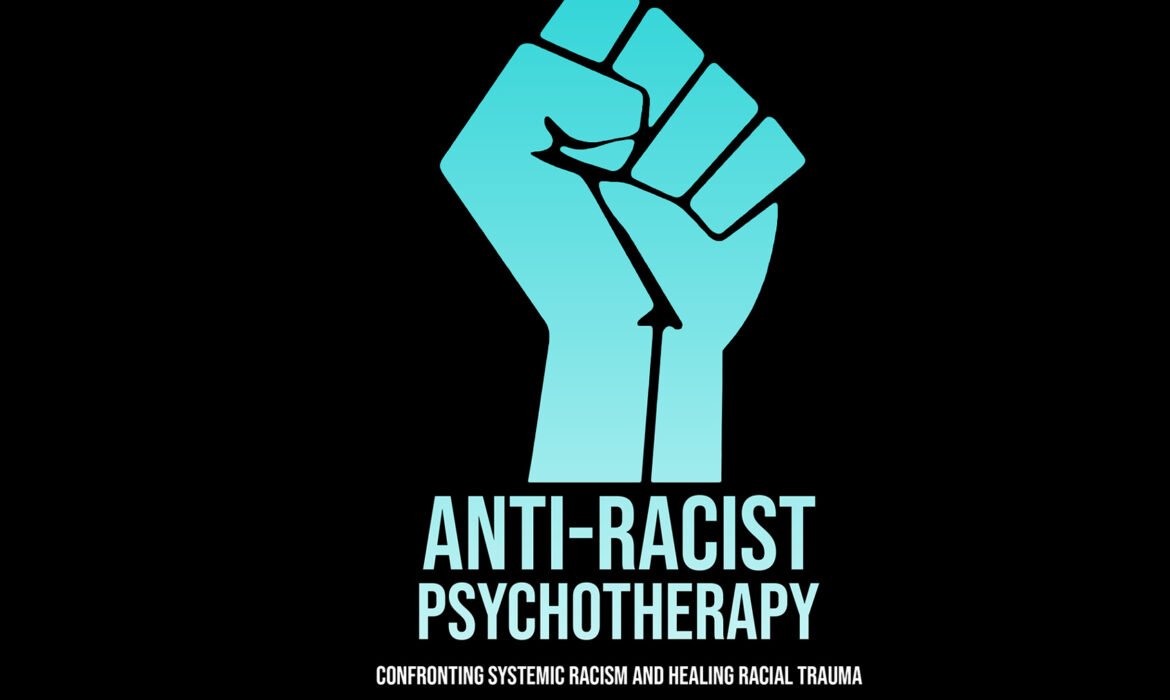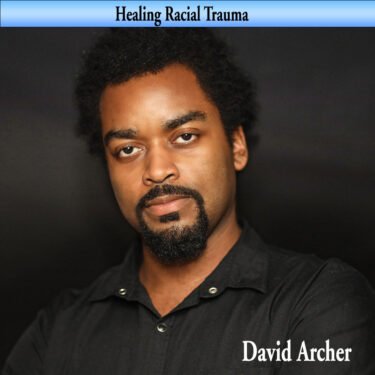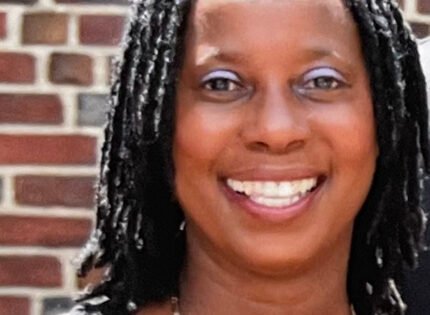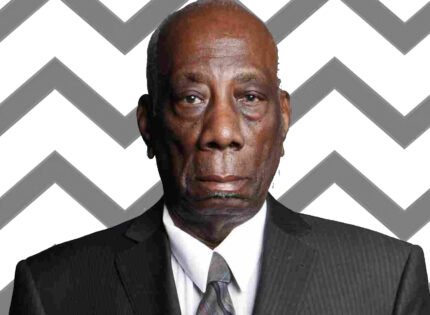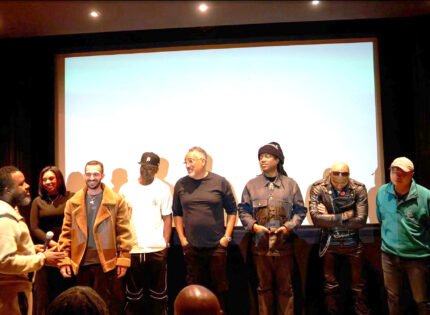The other day someone said “don’t talk about mental health in our community.” Instead, they must have wanted to talk about how the brother of so and so has a drinking problem.
“Mek wi chat bout di cousin of such and such how he smokes too much weed. You never heard about this one yet? About how the sister of the girl down di road got beaten by her new boyfriend, again?”
This isn’t our problem. It’s about them. We say that time and time again. Although when people ask how we’re doing, we say “I’m fine” without even knowing what “fine” feels like anymore.
We shouldn’t talk about the cause of suffering. It’s better not to ask questions. But I can’t help it: Who taught our brother to drink away his problems? What social conditions caused our cousin to smoke? What resources from the community can help our sister stay safe and feel protected?
What a difference the word “our” makes when we talk about Black people. I mean, after all, it is “our” community, right?
After seeing a play at Montreal’s Black Theatre Workshop, I stopped using the phrase “Black don’t crack.” Not only must we not “crack” under the pressure, we are not to think about what causes the pressure in the first place. We keep our heads down in a society that benefits from the radio silence of the working class.
Don’t make trouble. Everything is so good, so why talk about racism and words like systemic discrimination? Why make problems even though no one knows what “fine” feels like anymore?
It’s because our mental, emotional, physical and spiritual health is important. I want the next generation to believe this too. We need more Black therapists. And not just Black on the outside. They gotta be Black on both sides.
We need more Black anti-racist therapists who love US. We need people from our community who want all of us to win. There are people suffering and not enough Black therapists to refer them to. Let’s teach our children to help our community.
We need a generation of community members who see all Black people as OUR people. So the next time someone says “we” shouldn’t talk about “us,” I will let them know I am my brother’s keeper. Out of many, One people.
David Archer is anti-racist psychotherapist and author. He offers Therapy sessions for Individuals, Couples, and Families.
Email: david@archertherapy.com
Site: https://archertherapy.com


